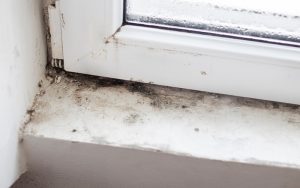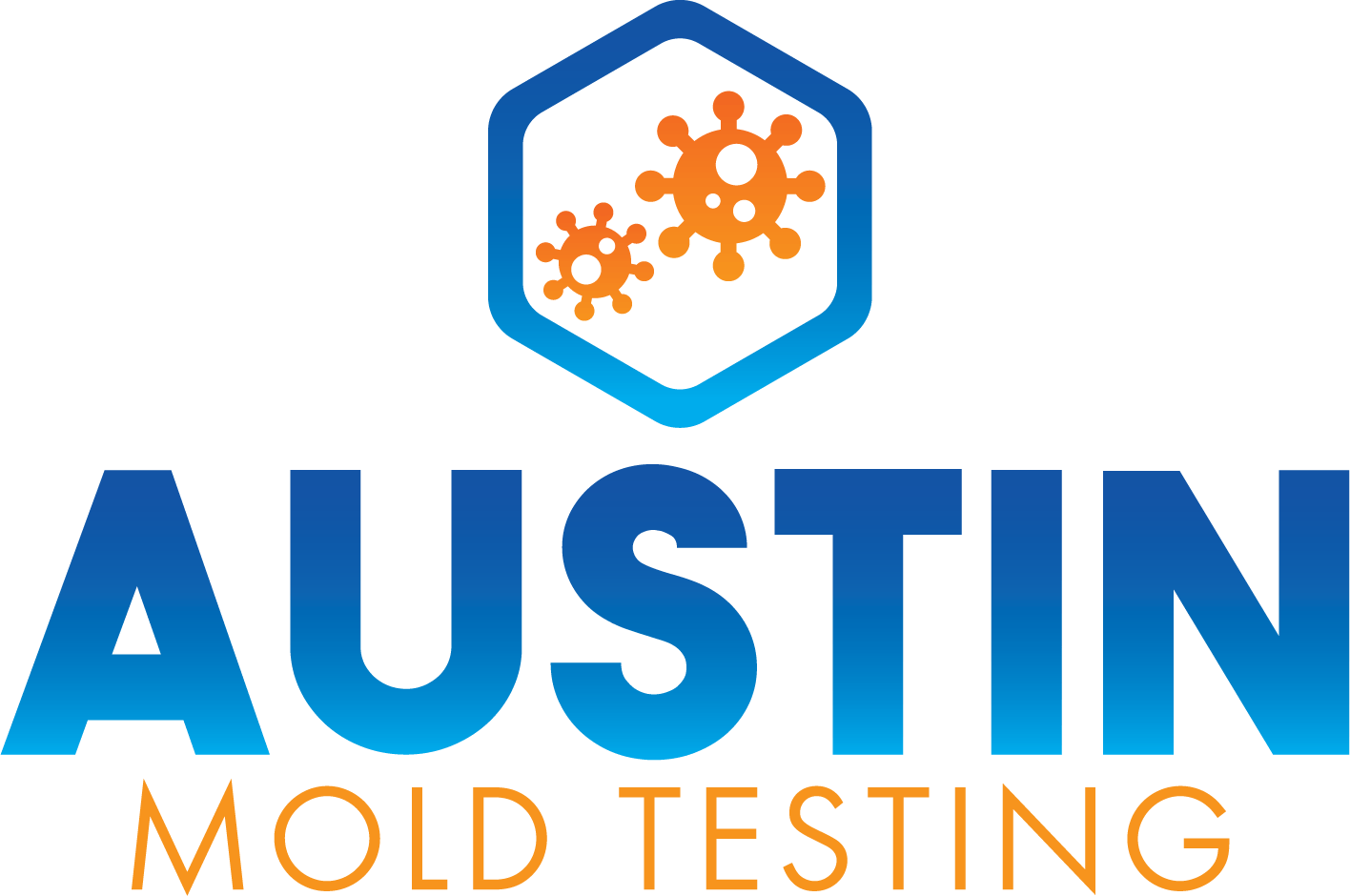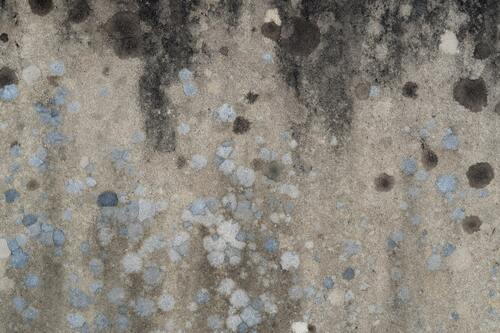
A standard home inspection typically does not include
inspection. Home inspectors are primarily focused on assessing the structural integrity and
major systems of a home, such as the foundation, roof, plumbing, electrical, and HVAC systems.
While they may note visible signs of water damage or mold during their inspection, they
generally do not conduct specialized mold testing or remediation.
However, some home inspection companies may offer additional services, such as mold testing
or indoor air quality assessments, as optional add-ons or as part of a more comprehensive
inspection package. If you’re concerned about mold in a home you’re planning to purchase, you
may want to inquire with the home inspection company about their available services and
whether they offer mold testing or inspection as part of their offerings.
Keep in mind that if you suspect mold or have concerns about indoor air quality, it’s essential to
address them proactively. You can hire a certified mold inspector or indoor air quality specialist
to conduct a more thorough assessment of the property and provide recommendations for
further damage and ensure a healthier indoor environment for you and your family.

